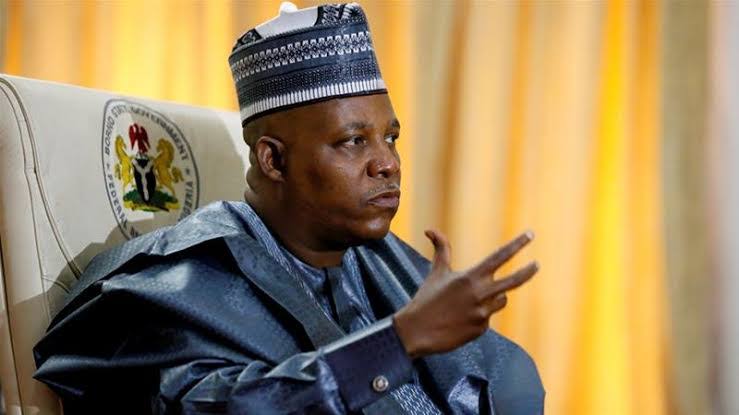External vulnerabilities pose risks to Nigeria's outlook, says Afreximbank
African Export-Import Bank (Afreximbank) has projected that Nigeria’s economic growth would accelerate from 3.4 per cent in 2024 to 3.8 per cent this year, partly driven by the increased domestic production of refined petroleum products.
The landmark facility is anticipated to significantly reduce Nigeria’s dependence on imported refined products, enhance energy self-sufficiency, and support broader industrial output, which contributes positively to the country’s growth.
However, despite this promising development, Afreximbank in its 2025 second edition of the Afreximbank business report, said Nigeria’s economy remained exposed to substantial external vulnerabilities, particularly due to its overwhelming reliance on hydrocarbons.
Crude oil and natural gas account for about 90 per cent of the country’s total exports and generate about a quarter of government revenue.
Given this, downturns in global energy prices pose a serious threat to fiscal stability and foreign exchange (FX) earnings. The report noted that oil prices fell sharply in April 2025, driven by heightened global trade tensions and fears of a slowdown in demand. The decline, if sustained, could undermine the positive momentum driven by domestic reforms and industrial expansion, the report said.
According to the report, the developments are likely to generate adverse spillover effects for Nigeria, constraining FX earnings and fiscal space. While Nigeria does not face any direct repercussions from the recent imposition of tariffs by the United States, given that crude oil, the primary Nigerian export to the U.S., is exempted, the country is not immune to the broader ramifications.
Afreximbank highlighted that second-round effects, such as reduced global trade volumes and declining investor confidence, could indirectly weigh on Nigeria’s export performance and overall economic resilience.
Adding to the complexity of the external environment are slowdowns in key trading partners, including China and the European Union. The bank observed that sluggish growth in these major markets will likely suppress demand for Nigerian exports, thereby exerting downward pressure on trade revenues.
This development poses an additional challenge for Nigeria as it seeks to sustain growth in an increasingly volatile global economic landscape.
Despite the external challenges, Afreximbank expressed cautious optimism regarding Nigeria’s medium-term outlook. The report noted that domestic conditions are gradually improving, supported by a decline in inflation and easing borrowing costs.
According to the report, the trends are expected to stimulate consumer spending and revive private-sector investment, creating a more favourable environment for sustainable growth.
The bank also emphasised the importance of ongoing economic reforms and policy efforts aimed at enhancing macroeconomic stability, improving the investment climate, and diversifying sources of revenue beyond oil.
In addition to macroeconomic performance, Afreximbank emphasised Nigeria’s strategic role within the West African region. It pointed out that the country’s geographic position, coupled with its large domestic market, makes it a natural gateway for trade and investment across the subcontinent.
The bank noted that ongoing investments in infrastructure, such as the expansion and modernisation of key ports, improvements in road and rail networks, and reforms aimed at facilitating trade are strengthening Nigeria’s position as a regional economic hub.
These enhancements are expected to improve connectivity, lower the cost of doing business, and attract both domestic and foreign investment.
Overall, while structural improvements and landmark projects like the Dangote Refinery offer strong potential for sustained growth, the continued reliance on oil exports leaves the economy exposed to the volatility of global markets.
Therefore, to secure long-term stability and prosperity, the bank maintained that Nigeria should intensify efforts to diversify its economy, deepen regional integration and build resilience against external shocks.










